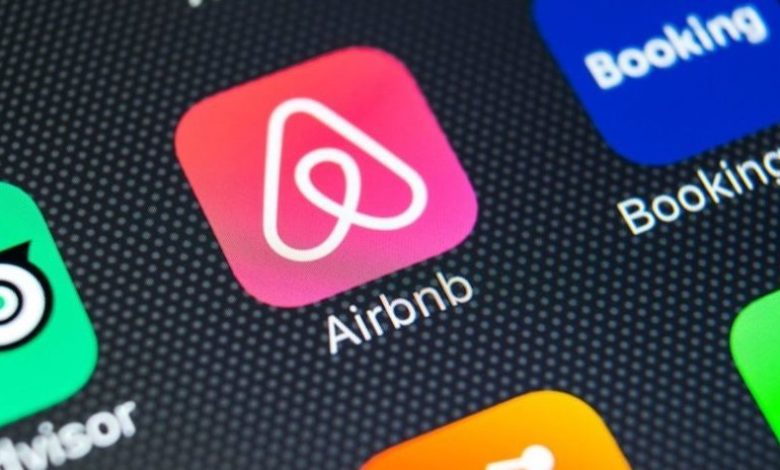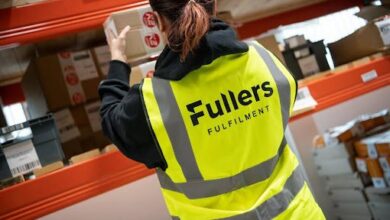Airbnb is the latest ‘big tech’ monolith to run rings around our outdated legal apparatus

It may seem tangential to those who do not work in real estate, but there is a court case on the continent with major implications for the future of many sectors, which reached a critical phase yesterday.







